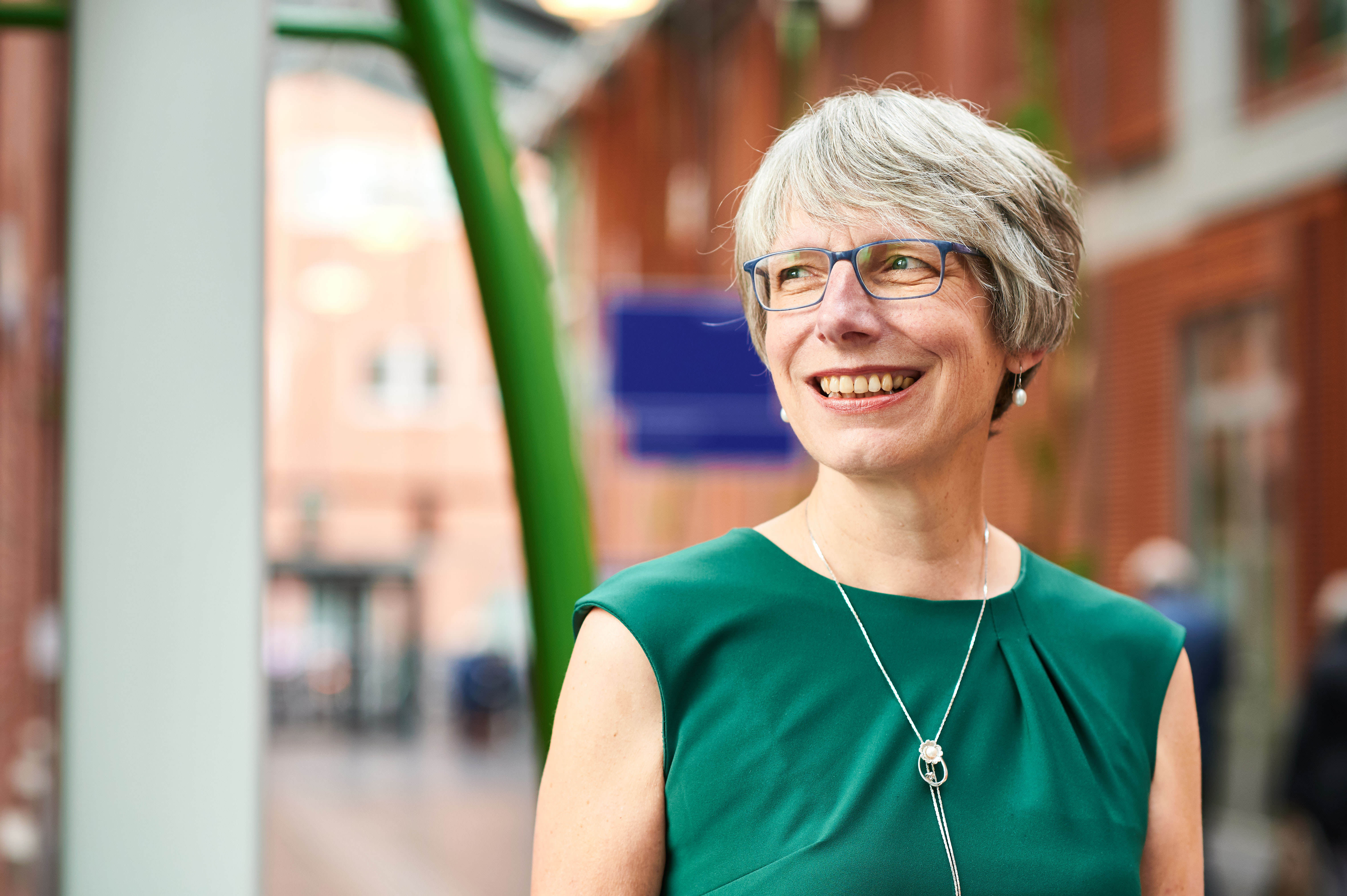In 1992, Conny began her training as a clinical geneticist at Radboudumc in Nijmegen, specializing in chromosomal abnormalities. She provided counseling to parents of children with congenital abnormalities or developmental delays where a rare chromosomal change was often diagnosed. However, little was known about these rare conditions at the time. What do you tell parents about what this means for them and their child?
Conny decided to take action and approached the head of her department to request permission to follow up on these children to gain more knowledge in this specific area.
Nijmegen Period: The Beginning of a Cohort
After receiving approval, a follow-up could be initiated: together with a pediatrician, Conny approached the parents of patients with chromosomal abnormalities whom she had advised over the years. The first clinic for patients with a chromosome 4 abnormality was established. Not only was this a valuable start for research into chromosome 4 abnormalities, but it also brought recognition and support to the parents of these patients.
The chromosome 4 cohort grew and became known to patients and parents throughout Europe through an international meet-up. By storing blood samples from specific patients in the form of cell lines, unique material was collected to identify the cause of syndromes: a method that could be applied to research on the CHARGE syndrome. This syndrome often involves a combination of abnormalities in multiple organs, including the eyes, inner ear, and heart.
Due to the absence of multiple genes, it was suspected that this was caused by a chromosomal abnormality. The new 'microarray' method allowed scanning for very small chromosomal errors. This new technique was applied to cell lines from children with CHARGE syndrome. Eventually, in 2004, it was discovered that a single gene (CHD7) is responsible for this complex syndrome. At the request of parents, a CHARGE clinic was then started with a team of specialists.
Involvement of Parents Crucial to Research in Groningen
Conny moved from Nijmegen to Groningen where she started working at the UMCG in 2006, continuing the chromosomal clinic and CHARGE clinic and expanding her research. In 2024, the CHARGE syndrome cohort consists of 600 patients, and the CHARGE clinic has evolved into a globally recognized center of expertise within the UMCG.
At the chromosomal clinic, a parent asked whether her child with Phelan-McDermid syndrome could receive insulin nasal spray. Conny had read an article about a very small German study on this: it provided no evidence, but it seemed to have some effect. This prompted a grant application, and a clinical trial began in 2012. A new cohort was born, and after successful research, the insulin nasal spray treatment was included in a Dutch guideline.
In 2013, another cohort was started: the Chromosome 6 cohort. Due to a handful of patients with this abnormality in the Netherlands, little information was available about the consequences of chromosome 6 changes. The Chromosome 6 cohort is a project focusing on parents: they are actively involved in the research and provide the data themselves. Using social media, information was collected worldwide from more than 500 patients, and an enormous database was built. Patient participation makes this project unique: the parents of the patients truly collaborate with the researchers.
From Cohort to Centre of Expertise
In 2009, the European Union decided that the care for rare diseases needed to be improved and instructed the member states to write a National Plan. This resulted in guidelines in 2013 outlining the criteria a center had to meet to qualify as an expertise center: number of patients, quality of care, sufficient research, multidisciplinary approach, care for both parents and patients, good data registration, etc.
Conny became the first coordinator of rare diseases at UMCG, surveyed the expertise available at UMCG on behalf of the Board of Directors, and supported 44 UMCG centers in obtaining recognition as expertise centers in 2015. This included the chromosomal clinic and the CHARGE clinic. Five years later, all cohorts established by Conny were merged into one expertise center: UNIEK.
UNIEK is a centre of expertise at the UMCG in the field of rare causes of developmental delays, with specific expertise in CHARGE syndrome, Phelan-McDermid syndrome, and rare chromosomal abnormalities (especially of chromosome 6).
An annual visit to Suriname
Conny travels annually to Suriname with a team of specialists to provide education to students and medical specialists and to see patients suspected of having a hereditary condition in an attempt to make a diagnosis. Suriname does not have clinical geneticists of its own, so little was known about the hereditary conditions that occur there. Suriname is close to her heart due to family ties, which is why she gladly returns to explain the importance of clinical genetics to students and to contribute to raising awareness of hereditary conditions and chromosomal abnormalities. Thanks in part to Conny, a Clinical Genetics department is being established at the academic hospital in Paramaribo.
Proud of her Legacy
After 18 years of service at the UMCG, it is time for Conny her well-deserved retirement. She entrusts the cohorts she established to a team of enthusiastic and driven specialists. She is proud that together with her team, she has contributed to the development of a European guideline for the Phelan-McDermid syndrome and to putting the UMCG on the map as an expertise center for rare diseases related to developmental delays. Most importantly, she believes that her work, not herself, should be remembered - and all the research that has been done since the beginning of her career.

